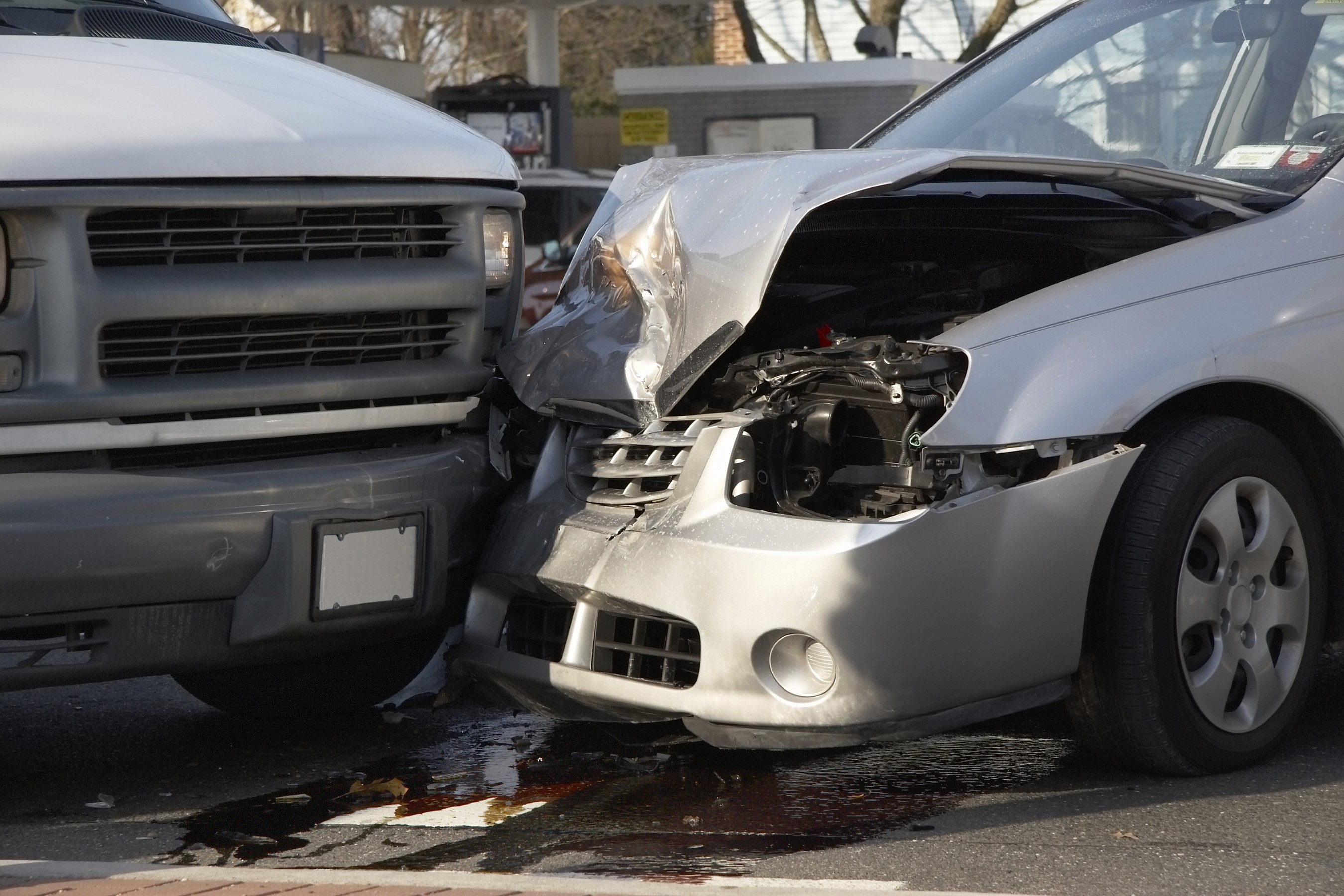Insurance
One in eight would consider insurance fraud

The number of people who would consider exaggerating an insurance claim has risen by more than a third in five years, according to a study.
Research by Aviva found that more than one in eight people would think about exaggerating a genuine claim, an increase of 35 per cent compared to 2009.
While 9 in 10 people believe insurance fraud is unacceptable, and almost 2 in 3 want insurance companies to do more to tackle it, many people turn a blind eye.
The survey found that two-thirds of people would not report it to the police if someone they knew committed insurance fraud – a 53 per cent increase compared to 2008.
Nearly a quarter of people surveyed said they knew someone who had exaggerated a claim, while 19 per cent knew someone who has faked whiplash to obtain compensation.
The report also found consumers underestimate the impact of fraud as just 1 in 10 think they will be affected by it, whereas in reality, everyone is affected by it in the form of higher premiums, and more road accidents are caused by fraudsters seeking injury compensation.
Aviva detected £110m worth of insurance fraud in 2013, a 19 per cent increase over 2012.
Ranging from exaggerated genuine claims to entirely fictitious accidents and injuries, Aviva found insurance fraud is increasingly carried out by third parties – people who are not insured by Avivia but making claims against those who are.
Motor injury fraud is the most common type in the UK, representing more than half of total detected frauds. Over half of these are the result of “cash for crash” claims, which the Insurance Fraud Bureau (IFB) estimates is behind one in seven personal injury claims.
Tom Gardiner, head of fraud at Avivia, said: “A combination of factors including the economic climate, social attitudes toward insurance fraud as a ‘victimless crime’, and a lack of effective deterrents are increasing the frequency of insurance fraud.”